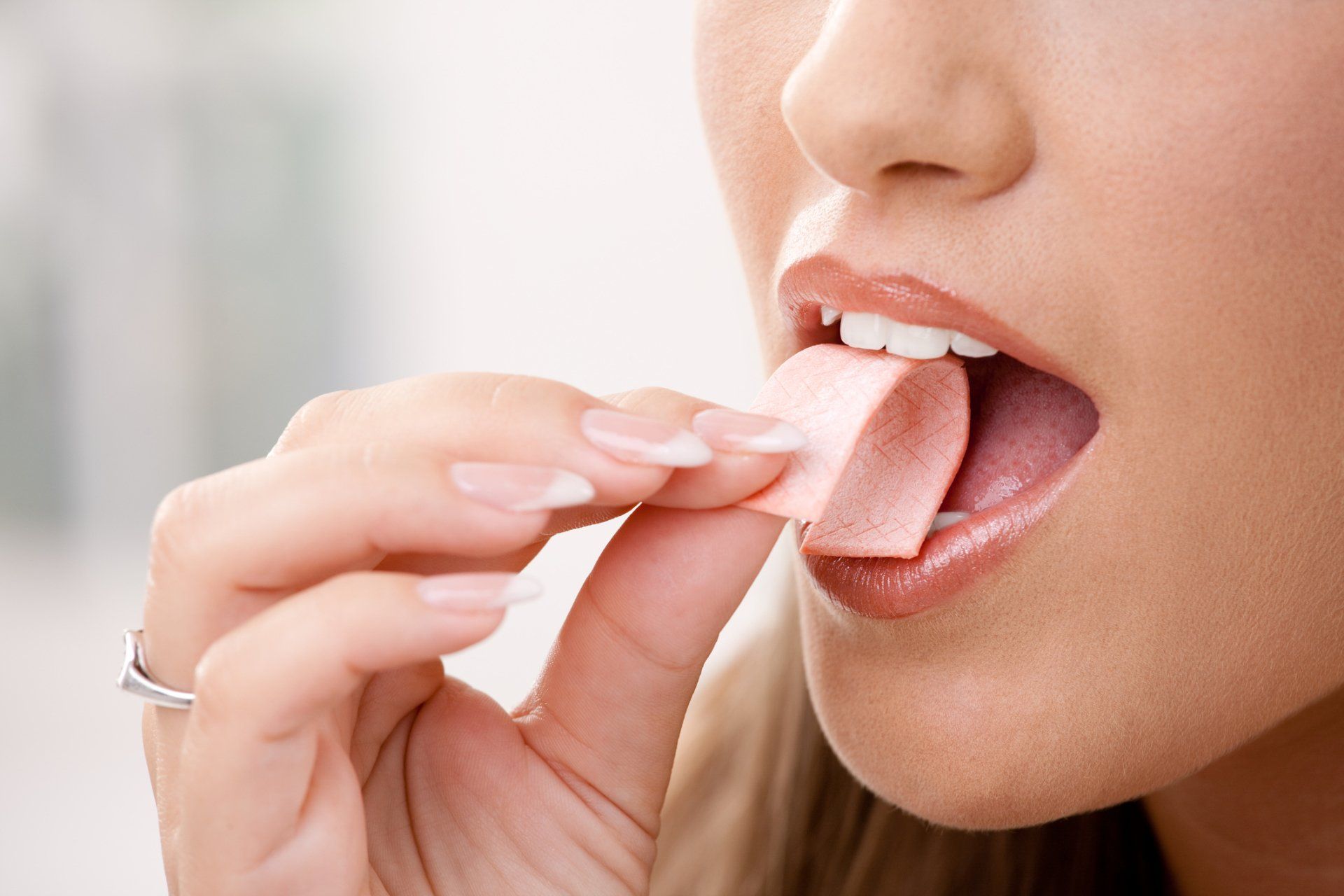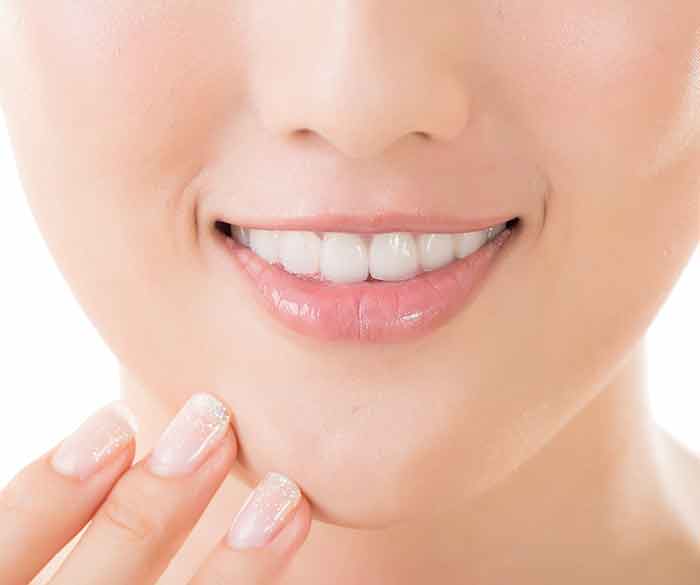FUN IN THE SUN: PROTECT YOUR TEETH WHILE SWIMMING THIS SUMMER
- By Admin
- •
- 09 Apr, 2018
- •
With the summer season right around the corner, many families have plans for days of fun, including swimming lessons, pool time, and various water sports. Tooth injuries and damage are unfortunately common in swimming accidents. With some preventative care and precautions, however, you can reduce the risk of harm to your smile.
Here are some simple things to keep in mind for oral health and safety this summer as you swim with your family.

Slips and Falls
Many tooth injuries are simply caused by slipping and falling in or around the pool. For example, a child could slip and hit their teeth on the deck or on the pool edge. Most public pools have rules to prevent people from running because of the slipping hazard, but children and adults may still ignore these warnings when excited or when the pool is busy.
Reinforce the importance of walking instead of running each time you go to the pool with your children. If possible, get each family member water shoes with gripping soles to help improve traction on wet tiles.
When swimming in private pools that don't have lifeguard supervision, be a stickler for walking only, and regularly clear away puddles of standing water with a squeegee mop.
Enamel Erosion
Another common problem caused by frequent swimming can be enamel erosion. Chemicals are added to pools to help keep them hygienic for swimmers. These chemicals affect pool pH, so pH balancers must also be added to the water to help it stay within a safe range for prolonged exposure to skin, hair, and teeth.
Many homeowners have their own private pools and might try to maintain the pools themselves by adding chlorine and testing the water with home tests, where there is a great margin for error — even over the course of just a few days.
This results in many people spending time in water that is far too acidic for their teeth. If personal pool time is part of your daily routine, exposure to acidic water will rapidly erode enamel, causing permanent tooth damage. Instead of relying on home pH kits, consider having a pool professional take care of chemically balancing your pool.
Chlorine exposure can also be hard on your teeth. If you only swim in public pools that are professionally maintained, you should still make it a point to brush your teeth right after swimming.
Safety Rules
Many tooth injuries happen because some, especially children, struggle with risk assessment near water. It can be hard to know if water is deep enough for jumping or diving, and swimming under water can make pool walls or bottoms seem farther away than they actually are.
In shallow pools, rule out jumping and diving completely — save these activities for pools with an adequate depth for safe diving. Many a tooth has been chipped or broken from diving into water that is too shallow.
Outfit children with goggles so they have better underwater vision, which will help prevent running into walls or pool bottoms.
Refrain from roughhousing and using slides improperly. A foot to the face can injure a tooth as surely as diving in a shallow bottom.
Basic talks about pool rules and safety go a long way. Talk about looking before you leap to avoid landing on other swimmers, the importance of taking turns, and how teeth can be injured by being careless about pool safety.
Snacks and Drinks
No pool day is complete without refreshments — at the pool, these usually mean juice or soda, crackers, and other snack foods, which can be harmful to teeth, especially in a grazing fashion. Try and keep snacks tooth healthy by choosing string cheese, carrot sticks, and whole wheat crackers over typical concession fare.
For more information about preventing and responding to pool-related tooth injuries, contact us at Milwaukie Emergency Dentist.
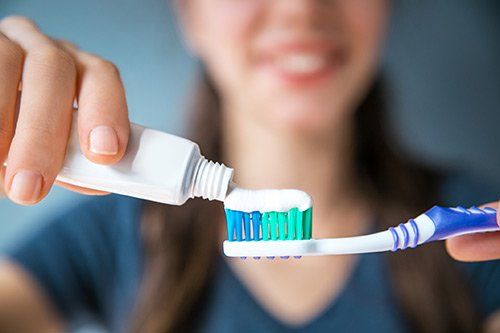
Preventative dental care is arguably the most important care you can receive from your dentist because prevention will help you maintain optimal care for your lifetime. Preventative care includes services like fluoride treatment, x-rays, sealants, and dental prophylaxis.
While in-office visits every six months are important, preventative dentistry doesn't stop there. Your at-home efforts make a big difference. Here are three ways to improve your at-home dental care.
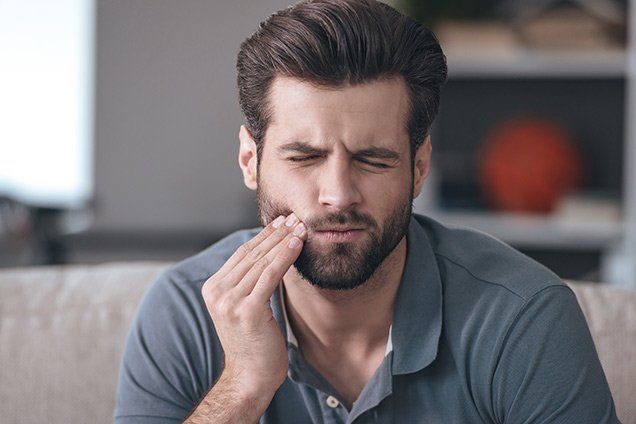
You've probably heard your dentist talk about "dental emergencies" in the past. A dental emergency involves a condition that needs to be treated by a dentist as soon as possible, hopefully within the hour. A knocked-out tooth or mysterious bleeding after a dental procedure are both examples of dental emergencies. Random pain in the jaw or tooth can also be a dental emergency, depending on the characteristics of that pain.
You should know the different kinds of dental pain so you can know when to call a dentist in an emergency. These tips can help you understand what types of pain are most indicative of a dental emergency.
You should know the different kinds of dental pain so you can know when to call a dentist in an emergency. These tips can help you understand what types of pain are most indicative of a dental emergency.
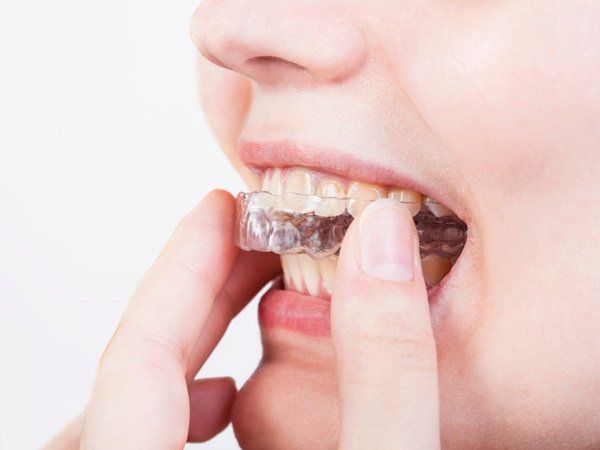
f you're an athlete, or if you're the parent of a student athlete, you're probably familiar with safety equipment. Helmets, pads, protective eyewear, and special shoes are some of the types of safety equipment that athletes often use. Unfortunately, one piece of safety equipment doesn't always get the attention that it needs – the mouth guard.
Mouth guards help protect the athlete's teeth and oral tissues from damage and are recommended for a wide variety of different sports. If you're an athlete or the parent of a young athlete, understand what types of athletes need mouth guards and how to take care of them.

Some of the foods you love the most, even the healthy ones, can cause damage to your teeth by eroding tooth enamel. Tooth enamel is the hard outer layer of your teeth, and its sole design is to protect your teeth against cavities and bacteria. It's considered tougher than bone and is the hardest part of the human body.
Unfortunately, tooth enamel can be worn down by everyday foods and beverages, especially acidic or sugary substances. Here is a small list of consumables that can damage your tooth enamel and ways you can still eat or drink them safely as part of your regular diet.
Unfortunately, tooth enamel can be worn down by everyday foods and beverages, especially acidic or sugary substances. Here is a small list of consumables that can damage your tooth enamel and ways you can still eat or drink them safely as part of your regular diet.
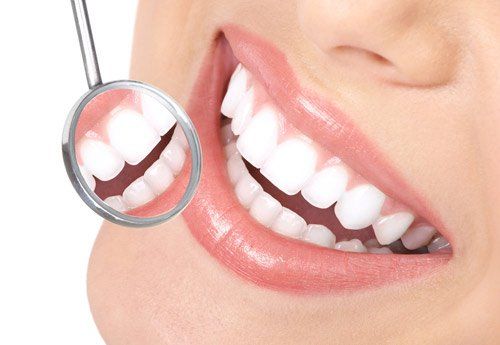
When you picture your ideal smile, you may primarily focus on your teeth. While teeth are certainly the first aspect of a smile you see, a healthy smile also requires strong gum tissue. Keeping your gums healthy
is an important part of preserving your smile.
In this blog, we guide you through several of the most important concepts related to gum tissue health, including what you can do if you don't currently have strong enough gums to support your dream smile.
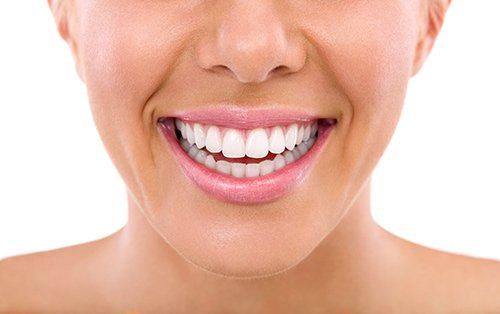
If you experience sensitivity in your teeth whenever you eat something cold, hot, or sweet, you may wonder why you have this problem and what can you do to stop it. Your sensitive teeth may be a result of enamel erosion.
Enamel erosion occurs when the surfaces of your teeth (enamel) wear down from a loss of calcium and other valuable minerals. A number of things can erode your enamel, including sweet and acidic foods and beverages.
Although you can't reverse enamel erosion once it occurs, you can take steps to reduce or stop its damaging effects on your teeth.





